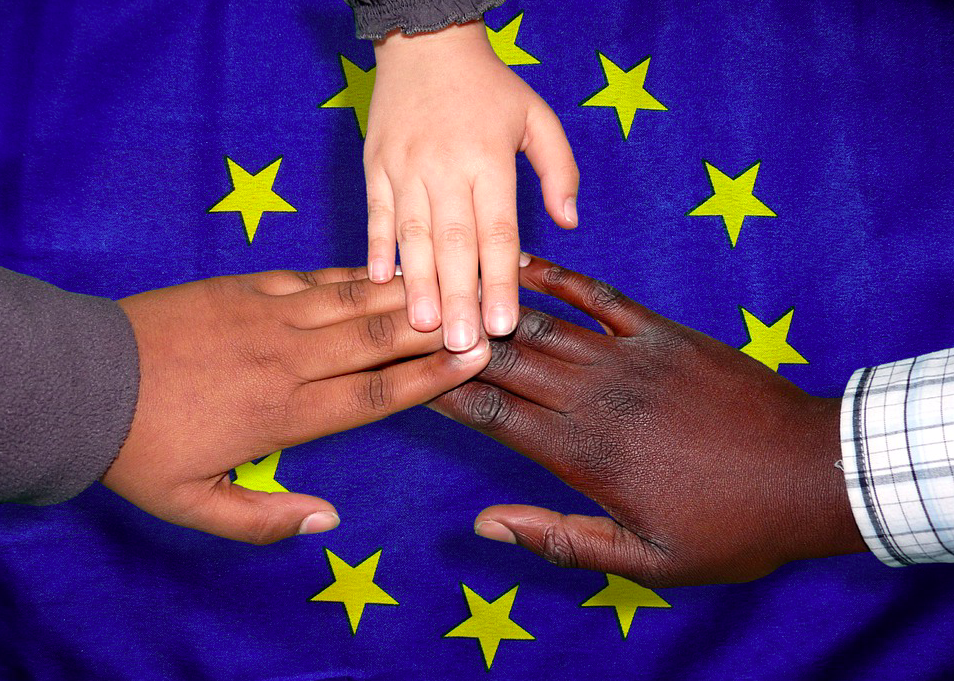5,500 unaccompanied children live in overcrowded camps. Appalling living conditions and growing tensions have been widely reported.
Child Refugees
News of the desperate conditions of refugee camps in Greece has become part of any reporting about the migrant crisis in Europe. There is no proper accommodation and health-care, or enough food and water for everyone. The dangers related to the poor infrastructure of Greek refugee camps increased due to the threat of Covid-19, and security is a big issue. Camps built for 5,000 people host up to 20,000, in an increasingly hostile environment, marked by attacks by members of the local community displeased with the influx of refugees.
Against this backdrop, a more humane approach was sought to the plight of the 5,000 unaccompanied minors living in slum-like conditions on the Greek mainland and islands. To care for and assist the children, the Greek government asked last October for members of the European Union (EU) to take 2,500 child refugees. So far, Germany, France, Luxemburg, Portugal, Belgium, Bulgaria, Croatia, Lithuania and Ireland, as well as Norway and Switzerland have agreed to take in 1,600 in total. Most of the children come from Afghanistan, Pakistan and Syria. Therefore, in their vast majority, the product of long conflicts and miserable circumstances.
The fragmented Dutch stance
In the Netherlands, a ‘Coalition of the Willing’ was formed after an appeal to the municipalities lead by the VluchtelingenWerkNederland, Defence for Children and Stichting Vluchteling. Following the appeal, one-third of Dutch municipalities, representing over 9 million people, declared themselves in favour of bringing 500 child refugees to the Netherlands. Large cities like Amsterdam, Arnhem and Utrecht have offered to take in children, but cannot move forward unless the national government changes its stance.
At the governmental level, the debate rages between two factions: one that wants to show compassion towards the children, and another that feels it would be an encouragement for parents to send their children to Europe and favours sending money to Greece. Since April public pressure has been mounting with protests taking place around the country calling for the acceptance of Greece’s call for help. Over 100 Dutch politicians, celebrities and local authorities have signed an open letter asking the Dutch government to revert its position.
The lessons of Covid-19
When Covid-19 hit, the web was flooded with videos of people hoarding food and fighting over toilet paper. As much as a global pandemic is scary and invites unconventional behaviour, it is safe to say that war and hunger are more petrifying. It is a universal truth that the overwhelming majority of parents love their children, and in normal circumstances would never send them on a potentially life-threatening journey. However, as Covid-19 has made us all aware, new realities that scape our control are a great catalyst for last resource solutions.
How about you? Do you favour the Netherlands taking in the child refugees or assisting Greece by other means? Tell us in the comments!
Feature Image: Capri23auto/Pixabay


